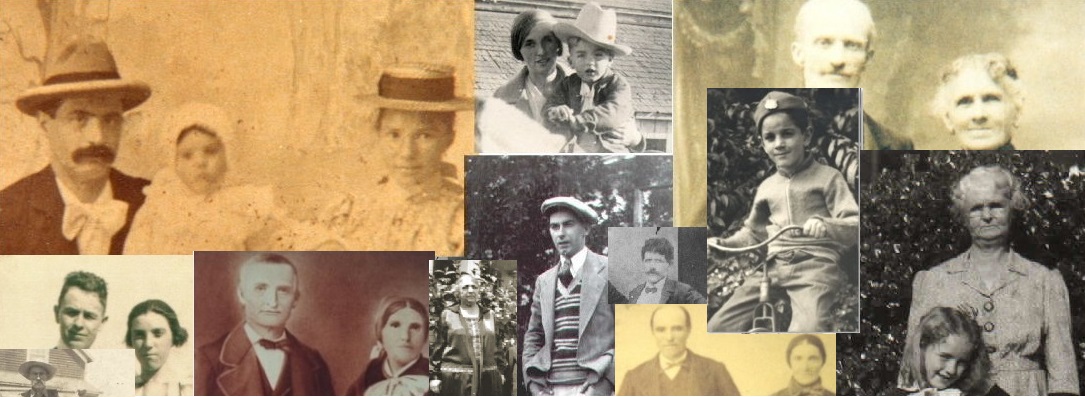I’ve learned a lesson the hard way. I have arthritis in my hands, so I try to write as little as possible. It has affected how I do research for the worst.
I was thrilled when companies began digitizing records and adding them online as I hadn’t been able to use a microfilm reader for a couple of years. Now I’d have records at hand. I could save them to my computer and input directly from that.
Yeah…right…that’s how it was supposed to work. As my health worsened, I continued to research, but I didn’t do much with what I found. What’s has happened is over the years I’ve become a collector of records but not much of a disseminator of information. So I have hundreds if not thousands of records on my computer bursting with information and I have no clue what that information is!
You see, I forgot an important step. Even though I was collecting information, I still had to do something with it. I’ve slowly been inputting records as my physical abilities will allow. I’m not anywhere near finished. But, it’s made me rethink how I research and how to be a more effective genealogist.
Recently, I started working in the French civil records as they’ve been digitized and put online. It’s slow work since I don’t know French, but not impossible. Once you learn the pattern of foreign records you can read the necessary information easily.
I decided that I was only going to translate these suckers once. I’m taking notes as I go. Then I can read what I have offline for further review. I can input from my notes once I figure out if I’ve found a relative. I have a saved copy just in case my notes don’t make sense. It’s slow going since I can only write three or four entries before my hand gets sore, but doing 3 or 4 hear and there is much more efficient than having a hundred records and not knowing what’s in them.
This has made me realize that I created my own problem. I really should have been taking notes as I went. And, not scribbly little notes on scrap paper. Real research notes on binder paper with the lines, notes that I can organize and refer to. I can work with them when away from my computer, too.
Don’t fall into the trap that I did. Just because records are easy to access and easy to save, doesn’t mean you should treat them differently that those found the old fashion way.
I hope some day to clear out my backlog. I want to be someone with a brilliant family tree, not a collector of a bunch of disparate documents.







I have been reading your blog, and I think you have so much good information here! I also have been perusing your website, and also find it very interesting and full of information. I am glad that there are pioneers in Hawaii posting genealogical information online; it provides a good way to dive into genealogy! I am beginning my genealogy search. I have always loved genealogy, but just didn’t know how to jump into it beyond my great grandparents. I am also part-Portuguese (some from the Madeira; others I am still searching for), and am finding that I need to do research all over the world!
It is so important to take notes – I am learning that now. I will find something, and save it/copy it, notate source, and then have no idea what I was thinking when I copied it. I created a Word document so that I can type into it, glean what information I can, and note at the bottom what questions I have from the record and what records I can pursue to answer those questions.